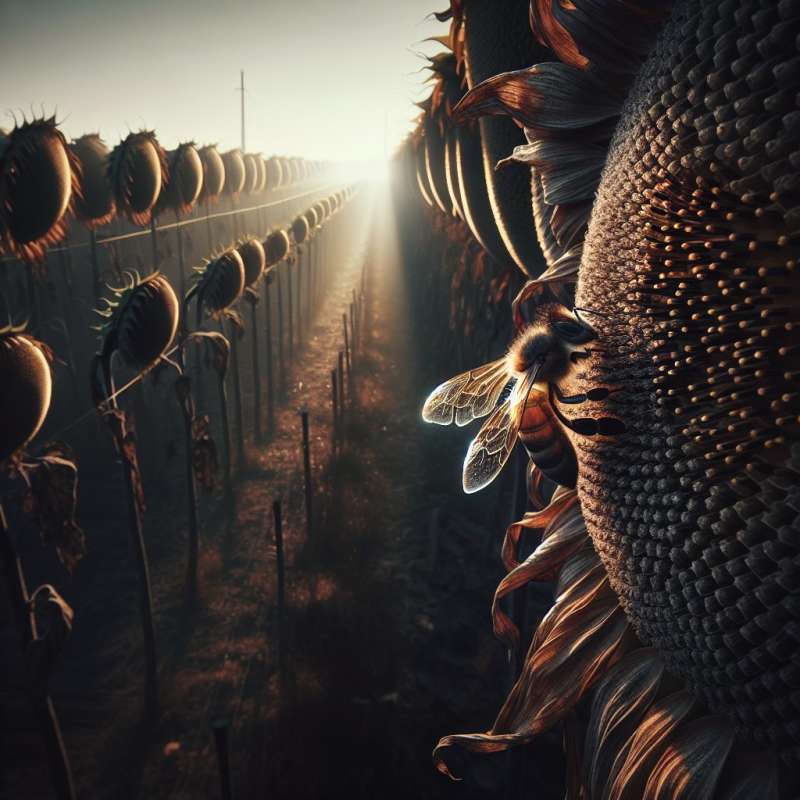
Importance of Pollinators
Pollinators are crucial for ecosystems, supporting over 85% of the world's flowering plants. Their role goes beyond aesthetics, underpinning the production of fruits and seeds, vital for wildlife and human agriculture.
Declining Pollinator Populations
Alarmingly, pollinator numbers are dwindling worldwide. Habitat loss, pesticide use, disease, and climate change are key contributors. This decline threatens global food security and biodiversity.
Creating Pollinator Habitats
Designing pollinator-friendly gardens can combat population decline. By providing diverse nectar and pollen sources, safe nesting sites, and chemical-free environments, we can create vital refuges.
Year-Round Blooms
Sustained food sources are essential. Select a variety of plants that bloom sequentially from early spring to late fall, ensuring continuous support for pollinators throughout their active seasons.
Native Plants Are Key
Native plants are optimally adapted to local pollinators and require less maintenance. They have co-evolved with indigenous pollinator species, offering better nutritional value than non-natives.
Avoid Chemicals
Pesticides, even those labeled 'organic,' can harm pollinators. Embrace natural pest control by encouraging predatory insects and using barriers or traps for pests.
Water Source Essentials
Pollinators need water. Features like a shallow bird bath with stones for landing or a dripping water system can provide hydration without the risk of drowning.Bee Navigation Mystery
Bees use the sun’s position and polarized light patterns to navigate, even on cloudy days. This astounding ability remains partially unexplained.
What supports over 85% of flowering plants?
Aesthetic appreciation
Pollinators' role in ecosystems
Year-round plant blooms
Company